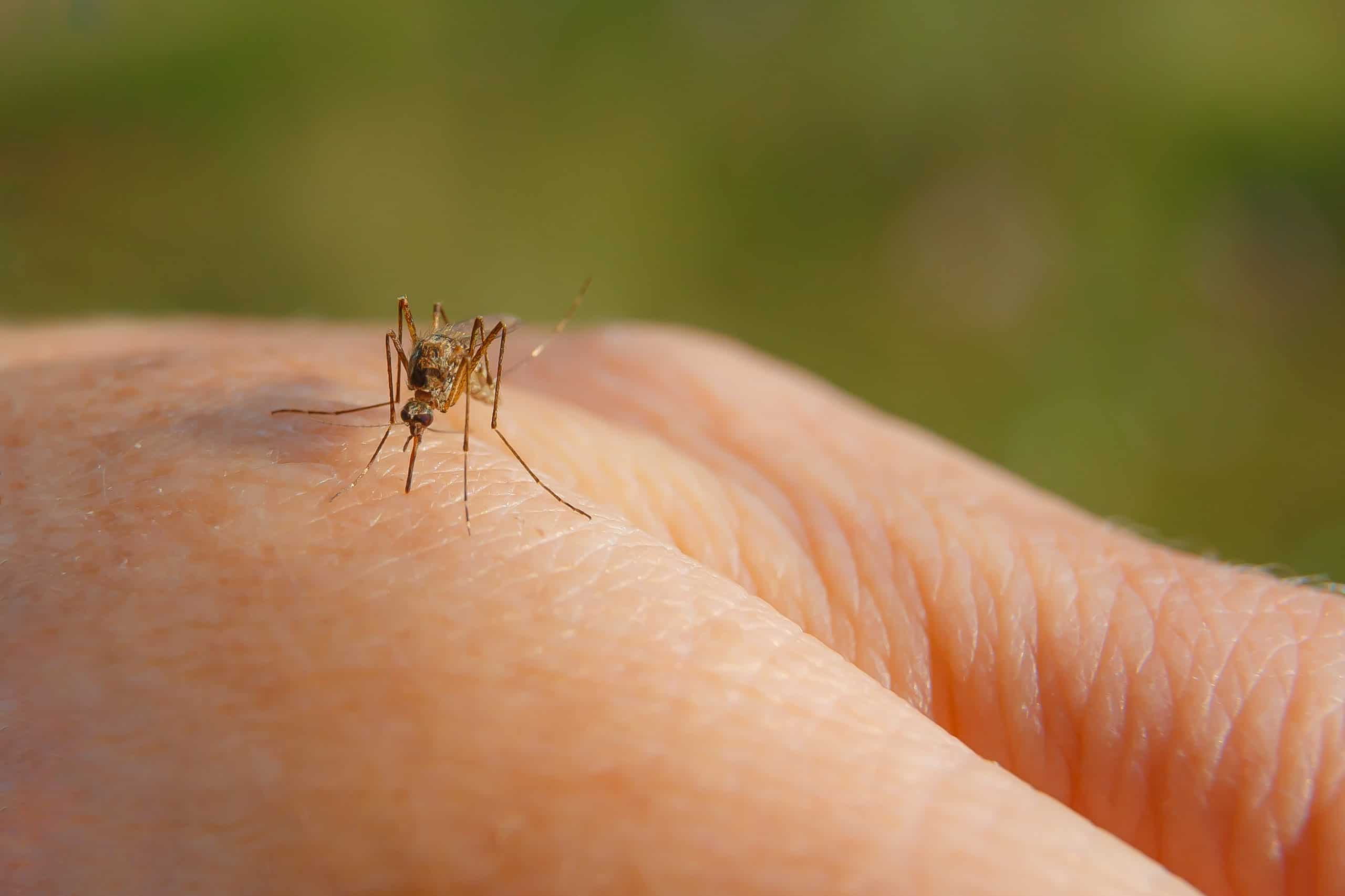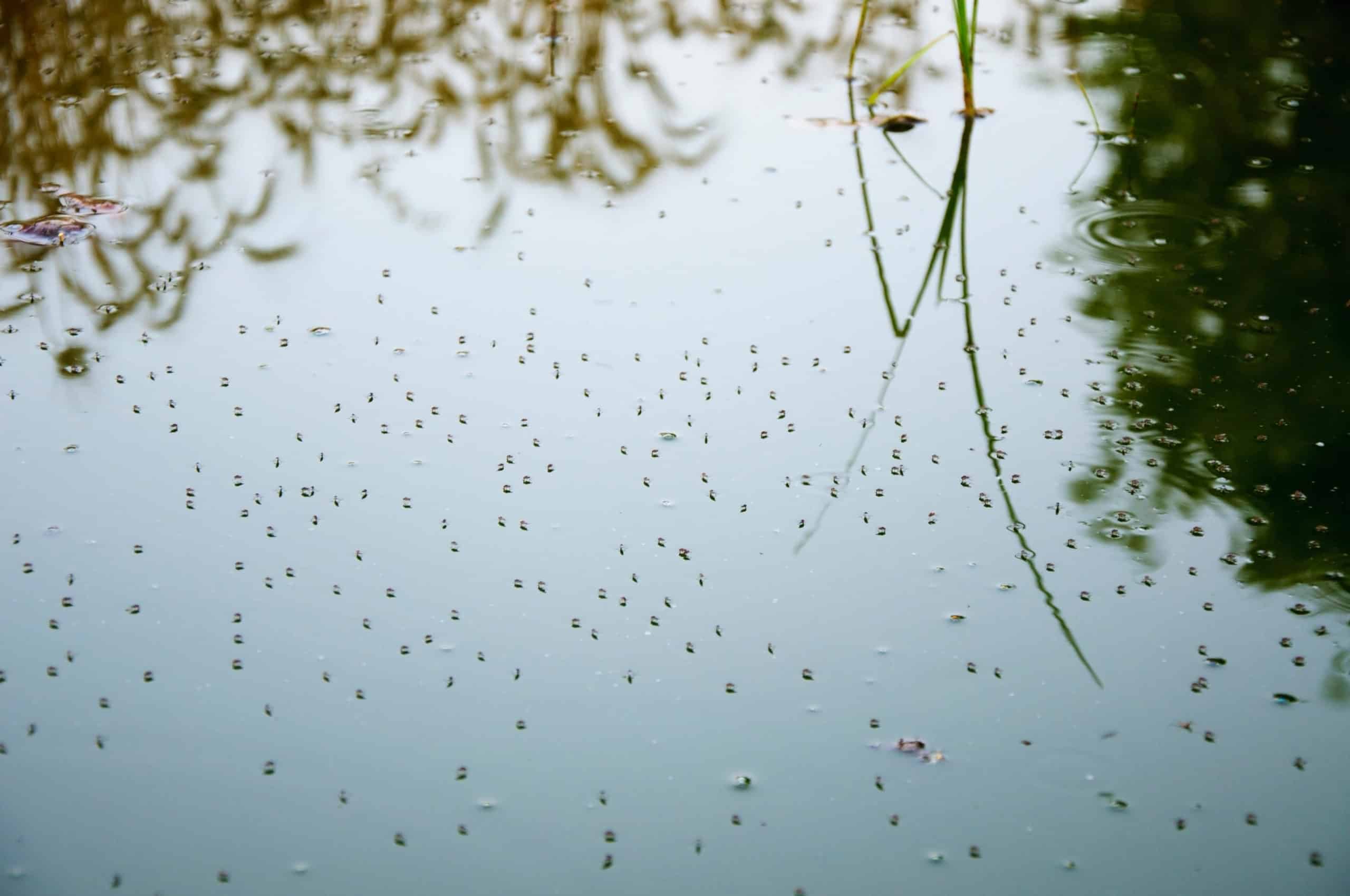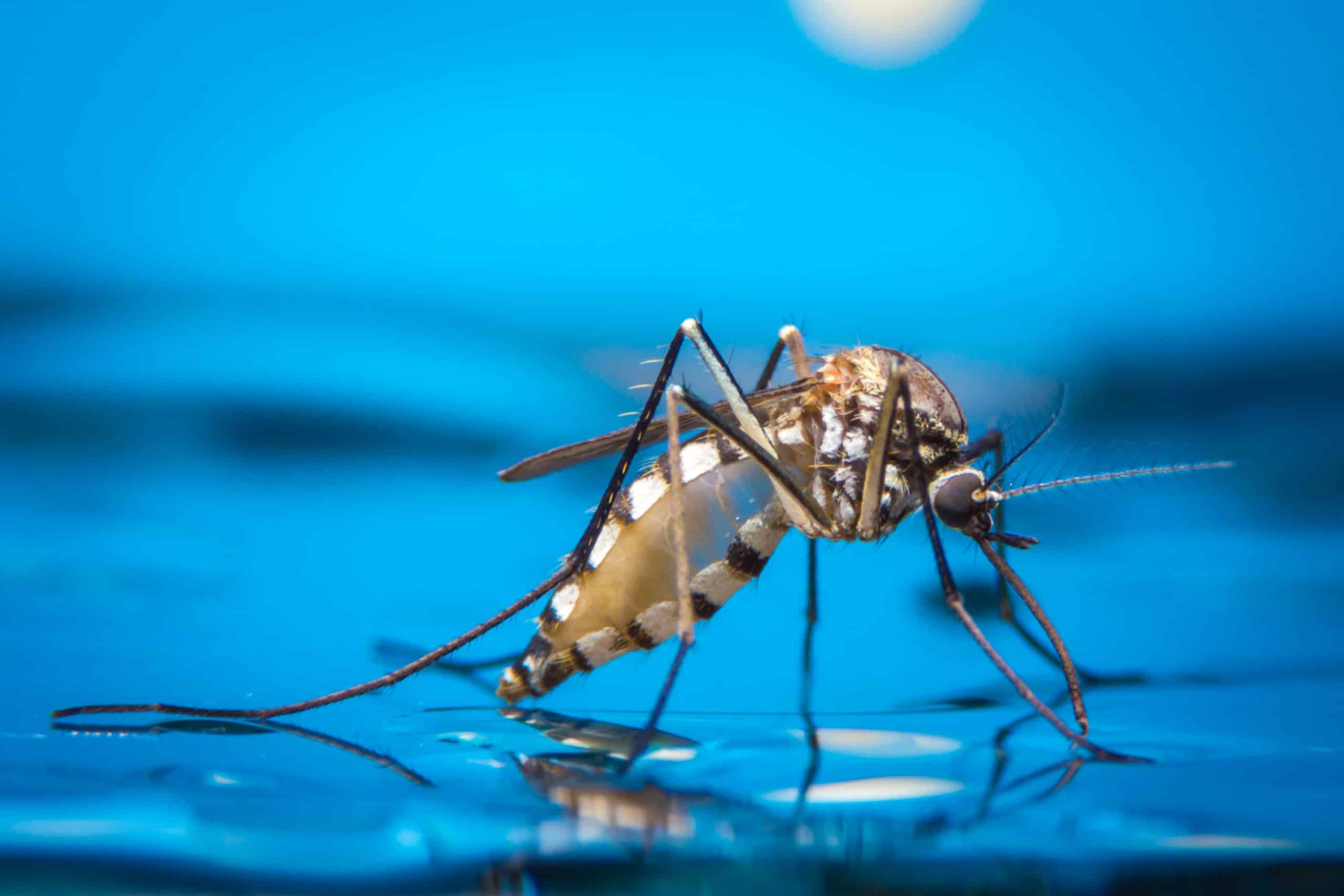Genetically Modified Mosquitos?!
Genetically Modified Mosquitos?!
The Problem with Mosquitos
Mosquitos are massively annoying, but they are also potentially very dangerous and even deadly. Each year, mosquito-borne diseases are responsible for several million deaths worldwide. Most infamously, mosquitos spread Malaria, West Nile Virus, Zika Virus, Chikungunya Virus, Dengue, and Yellow Fever.
Recently in the United States, studies are being conducted in an attempt to find new ways to curb the dangers of mosquitos.

Kinds of Genetic Modification
There are over 3,000 different species of mosquitoes in the world, but only a number of these species actually feast on human blood. While their bites are annoying, the true goal of scientists in these studies is to end the spread of deadly diseases by these bloodsucking species. So far, there have been two forms of genetic modification that have shown a lot of potential.
The first method is being explored in California utilizing the Anopheles species of mosquito – who has gained worldwide infamy for its role in spreading malaria. The team of scientists introduced modified genes into the Anopheles that actually attacked the parasites inside the mosquitos that are responsible for causing malaria, rendering them unable to pass the disease to humans. Most impressively, this modified gene was specifically designed to become genetically significant within the species, meaning it should pass on to future generations with a 99.5% accuracy rate.
The second kind of genetic modification revolves around the male mosquitos. Unlike females, males do not seek out blood meals, instead they feed solely on the nectar of flowers, meaning that they do not directly contribute to the spread of diseases. However, they do indirectly contribute to the disease spread simply by mating and creating future generations of females. Impressively, scientists have managed to breed specially modified males that are sterile, but sterile in a specific way. These males are unable to produce female offspring but can produce males which can inherit their female-sterility genes. The hope with this project is to vastly reduce the numbers of dangerous mosquito populations across several generations.

The Florida Keys Controversy
In 2020, officials in the Florida Keys voted to allow the release of genetically modified mosquitos in early 2021 in Monroe County. The mosquitos chosen for the test were the Aedes aegypti who are well known for spreading Yellow Fever as well as Dengue, Zika, and Chikungunya. The subjects were all males, genetically modified to be female-sterile, and were sent from a biotech company in Abingdon, England to the United States to hatch.
In response to the vote, Florida Keys officials received public backlash with over 5,650 comments, and even a petition with over 25,000 signatures protesting the genetically modified insects. The root of these protestations appears to be due to three key reasons: one, the fear of mass releasing genetically modified creatures; two, concerns regarding humans messing with the natural populations of other species; and three, the fact that the males can still pass the Zika virus from female to female when mating which could nullify the intended good of the tests.

What if We Just Eradicated Mosquitos Instead?
There is a debate within scientific circles as to whether or not the disappearance of all mosquitos would be detrimental to our ecosystems. Some scientists theorize that the world would be able to adjust to the lack of mosquitos rather easily. However, on the flipside, other scientists argue that certain species of mosquitos do actually play very important roles within their respective ecosystems and, as such, if they were to spontaneously disappear, it could potentially harm their local plants, animals, and fellow insects. Unfortunately, there is currently no conclusive evidence for either theory.

Prevention
While the debates regarding genetically modified mosquitos carry on, and biotech innovations continue to advance offering new possibilities for future solutions, you can rest easy today knowing that Green Pest Services is here to keep you and your family safe from these disease-ridden pests.

Citations
How Mosquitos Got Their Taste for Human Blood – What it Means for the Future (2020) SciTech Daily. Cell Press. Available at: https://scitechdaily.com/how-mosquitoes-got-their-taste-for-human-blood-what-it-means-for-the-future/ (Accessed: September 2020).
Milius, S. (2020) Genetically Modified Mosquitoes Have Been OK’d for a First U.S. Test Flight, Science News. Available at: https://www.sciencenews.org/article/genetically-modified-mosquitoes-florida-test-release (Accessed: April 13, 2021).
Mosquitos (2019) National Geographic. National Geographic Partners. Available at: https://www.nationalgeographic.com/animals/invertebrates/group/mosquitos/ (Accessed: April 2020).
Mosquito Bites (2020) Mayo Clinic. Mayo Foundation for Medical Education and Research. Available at: https://www.mayoclinic.org/diseases-conditions/mosquito-bites/symptoms-causes/syc-20375310 (Accessed: January 19, 2021).
Mosquito-Borne Diseases (2016) Centers for Disease Control and Prevention. National Institute for Occupational Safety and Health. Available at: https://www.cdc.gov/niosh/topics/outdoor/mosquito-borne/default.html (Accessed: April 2020).
Riley, C. (2016) What If We Killed All the Mosquitos?, YouTube. SciShow. Available at: https://www.yotuube.com/watch?v=e0NT9i4Qnak (Accessed: June 2020).
How Do Pests Contaminate Food?
How Do Pests Contaminate Food? How Do Pests Contaminate Food? Summary: A practical homeowner guide explaining how pests contaminate food through contact, saliva, [...]
The Clear Signs of Bed Bugs in Every Setting
The Clear Signs of Bed Bugs in Every Setting The Clear Signs of Bed Bugs in Every Setting Summary: A setting-by-setting guide to [...]
Odor is an Early Sign of Rodents, Here’s Why
Odor is an Early Sign of Rodents, Here’s Why Odor is an Early Sign of Rodents, Here’s Why Summary: Rodent odors are often [...]
Pest Prevention Tips for Snowy Days
Pest Prevention Tips for Snowy Days Pest Prevention Tips for Snowy Days Summary: Snowy weather pushes pests to seek warmth and shelter indoors, [...]
How Do Ants Spend Winter? What Homeowners Should Know About Ants in Winter
How Do Ants Spend Winter? What Homeowners Should Know About Ants in Winter How Do Ants Spend Winter? What Homeowners Should Know About Ants in [...]
Termites Are Awful Winter Pests – Here’s Why
Termites Are Awful Winter Pests – Here’s Why Termites Are Awful Winter Pests – Here’s Why Summary: Termites can remain active through winter [...]

